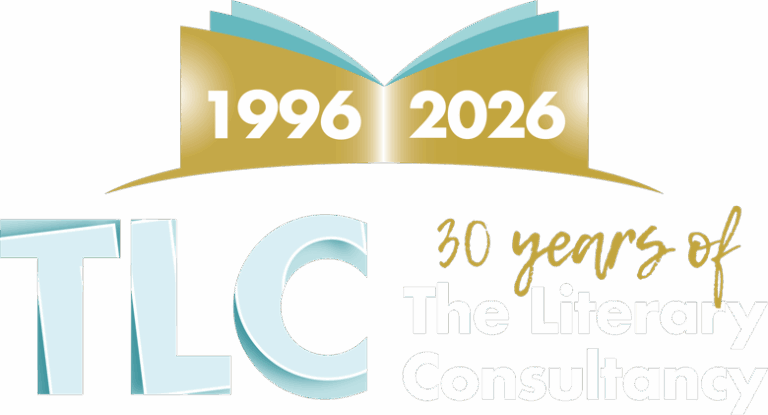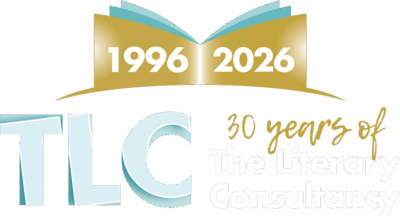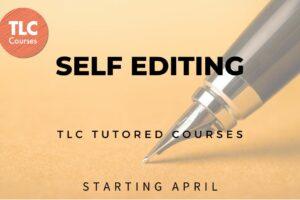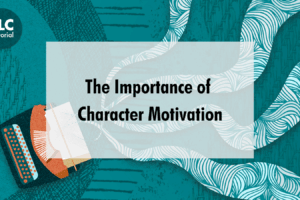Submitting your writing to a literary agent can be a challenging process for writers, and it can be a challenge to figure out exactly what agents are looking for. For example, an agent can say that they’re looking for a book that sounds exactly like yours. ‘A twisty thriller set entirely inside an abandoned Tudor hedge maze!? I’ve written one of those!’ But when you excitedly submit it, they say it ‘isn’t for them’. These things can be understandably puzzling… So, what are agents looking for, really?
As well as working for TLC, I’m very fortunate to also work part-time as a Literary Agent for Seventh Agency. I wanted to share my take on what agents are looking for when reading submissions.
This isn’t going to be a blog that explores the practical elements of a proposal, like how to write a synopsis, or expounds on current publishing trends. I’m also going to try not to give you a series of generic ‘what I’m looking for’-style paragraphs, that you will often find on agent websites. That isn’t to say these aren’t incredibly useful and valuable (speaking from experience – they’re also deceptively difficult to write!).
What I’m going to try and do here instead is give an impression of what agents want to feel when they receive a submission, and some of the things that you can do (or avoid) to ensure that they are moved positively by your submission materials. Here are three things that I’m looking for as an agent, and based on conversations I’ve had with other agents, these are also things that other agents are looking for, too.
Authenticity of voice & consistency of writing style
I could have split these topics up and write a whole blog on each(!). I’ve grouped them together here, as they essentially both speak to the same thing, which is ostensibly: feeling real.
When you submit to an agent, you’ll be sending different documents that serve different purposes: a cover letter to introduce the MS and yourself; a synopsis to give an overview of what happens; and a sample of the writing itself. Many agents will read the either the covering letter or writing sample first, and often flit between all of the above, particularly if they are gripped by one aspect or another of the proposal.
Either way, 99% of agents will tell you that the writing itself has to stand up on its own and feel like it has been written by someone who knows who they are as a writer – i.e., someone who is in control of their craft.
It’s also key to make sure the writing is consistent. When I say ‘consistency’, I don’t just mean spelling and grammar at the sentence level. Though it goes without saying (I hope) to check your submission materials for typos. I’m looking for consistency in the writing style and tone across all your submission documents.
Similarly, if I’m feeling that the tone of your covering letter is incredibly serious and formal, and then when I get to the writing it’s playful, light and fun, something can feel amiss. I’m looking for writing that matches, across all the different components of your submission. So when you’re putting your submission package together, try to make sure that it all feels like it’s been written by the same version of yourself: the ‘real’ you – or at least, the writer version of you.
Clear central theme(s)
Part of the purpose of having a clear central theme is that when you (or in the future your agent) are coming to tell people about your book, you can quite easily and quickly say, ‘This is a book about XYZ’. What I’m talking about here is slightly different to a ‘hook’ or an ‘elevator pitch’, as it doesn’t need to be inherently ‘sales-y’. I’m more just looking for something here that is going to be clear and simple to explain. It’s also good to have a clear idea of a central theme or limited number of themes from a craft point of view, because that can help you keep the focus of the writing itself strong and clear.
Agents can tell when a book is trying to do too much, and this can be off-putting because ultimately, overlapping complexity can lead to confusion, and confusion can lead to loss of attention. What I’m looking for in a pitch is something that appears simple but might have a level of complexity beneath. Ultimately, I’m looking for a book that is going to be initially accessible but keeps revealing itself to me. Something I can pick up and keep turning the pages – just like we do when we’re in a bookshop.
Things that appear complex, and are complex, can be challenging to get my head around (I’m not that bright!). Things which appear simple, and are simple, can be great – but it’s not always what I’m looking for in a book.
Take a recent TV show that I’ve loved, Severance. On the one hand, it’s a simple idea ‘imagine if a chip was invented that could split your personality in two – one for work, and one for the ‘real life’. But within that complex idea, there are many different layers of complexity and big abstract questions that can be explored. It’s a sweet spot to try and hit, but that kind of level of craft is what agents tend to enjoy. Equally there’s nothing wrong with something that ‘does what it says on the tin’ – provided it delivers!
The X Factor
Bear with me…
More often than not, the reason it’s hard for agents to say ‘I’m looking for XYZ’ in specific terms, is because they often haven’t found what they’re looking for yet. I continue to be astounded by the magic writers create, and how good writing can move and surprise. It’s that desire to be moved and surprised that keeps agents hunting for new work.
I represent both non-fiction and upmarket literary fiction, so I’m in a nice position to be able to speak to a wide range of submission types. While many agents will have their niches and specialisms, you’ll find that the many of them will be generally open-minded and happy to look at most anything, within (and across) the genres they say they are looking for. That also means that sometimes the submission that will grab my attention is something that I likely don’t even know exists. Every time I open my emails, I’m looking to say (often out loud – don’t judge me): ‘Wow, I haven’t seen that before’.
Having said this, it is a good idea to try to stick roughly within the parameters agents set – more so that you’re not wasting your own time. Generally, agents will have a good idea of what they like, those ‘what I’m looking for’ paragraphs on their websites are useful for this. Look at the list of writers they already represent and see if they might have a gap for you to slip into. Include some comparative titles that relate nicely to your work, take a deep breath, and send your work out.
Good luck with your submissions! Happy editing, and happy writing!
Need some help with your submission package? We offer high level Submission Package Reports, prepared by industry specialist readers, to help you hone your pitch. Find out more here.








